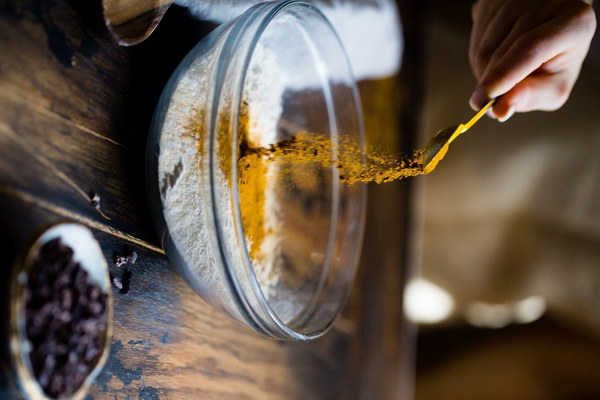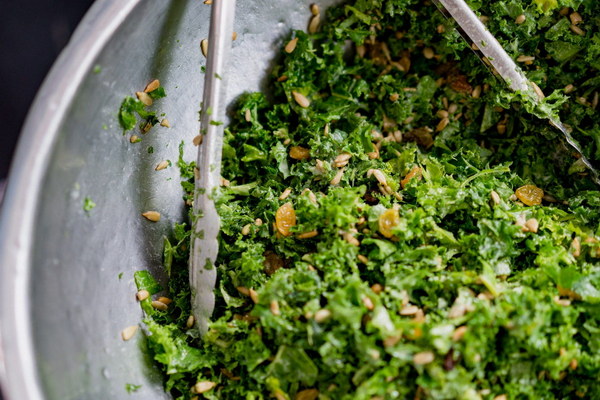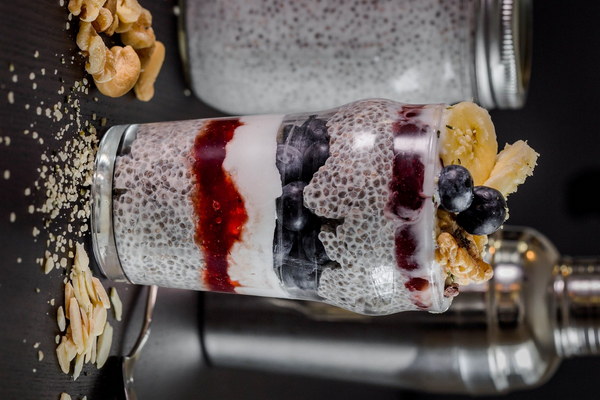Nourish Your Spleen and Stomach Tips for Alleviating Bloating Without Hunger
Are you often experiencing bloating without feeling hungry? It's a common issue that can be quite discomforting. The good news is that by nourishing your spleen and stomach, you can alleviate bloating and improve your overall digestive health. In this article, we will discuss the reasons behind this bloating and provide you with practical tips to help you achieve a healthier gut.
1. Understanding the connection between spleen and stomach
In traditional Chinese medicine, the spleen and stomach are closely related, playing a crucial role in the digestion and absorption of nutrients. The spleen is responsible for transforming the nutrients from food into energy, while the stomach is responsible for breaking down food into smaller particles for absorption. When these organs are functioning optimally, you are less likely to experience bloating.
2. Common causes of bloating without hunger
Here are some common reasons why you may experience bloating without feeling hungry:
- Excessive intake of gas-producing foods: Foods like beans, cabbage, and carbonated drinks can cause bloating by producing gas in the digestive tract.
- Poor dietary habits: Skipping meals, eating too fast, or consuming spicy and fried foods can lead to bloating.
- Stress: High levels of stress can disrupt the normal function of the digestive system, causing bloating.
- Food intolerances: Lactose intolerance, gluten intolerance, and other food intolerances can lead to bloating and discomfort.

- Spleen and stomach imbalance: When the spleen and stomach are not working together harmoniously, it can lead to bloating and other digestive issues.
3. Tips for nourishing your spleen and stomach
Here are some practical tips to help you alleviate bloating and improve your digestive health:
- Eat a balanced diet: Incorporate a variety of fruits, vegetables, whole grains, and lean proteins into your meals to ensure you're getting all the necessary nutrients.
- Avoid gas-producing foods: Reduce your intake of beans, cabbage, and carbonated drinks, or try to cook them to reduce their gas content.
- Eat slowly and chew thoroughly: This helps your body to break down food more effectively and reduces the risk of bloating.
- Manage stress: Practice relaxation techniques such as deep breathing, meditation, or yoga to reduce stress levels.
- Stay hydrated: Drinking plenty of water can help to flush out toxins and improve digestion.
- Try herbal remedies: Certain herbs like ginger, peppermint, and fennel can help alleviate bloating and improve digestion.
- Regular exercise: Regular physical activity can help stimulate the digestive system and reduce bloating.
4. Additional remedies for bloating
In addition to the tips mentioned above, you can try the following remedies to alleviate bloating:
- Apple cider vinegar: Mix a tablespoon of apple cider vinegar with a glass of water and drink it before meals.
- Chiropractic care: Chiropractic adjustments can help improve the function of the digestive system by aligning the spine and reducing stress on the nervous system.
- Acupuncture: Acupuncture can help to balance the spleen and stomach, alleviating bloating and other digestive issues.
By following these tips and remedies, you can effectively nourish your spleen and stomach, reduce bloating, and improve your overall digestive health. Remember that it may take some time to notice the benefits, so be patient and persistent in your efforts.









